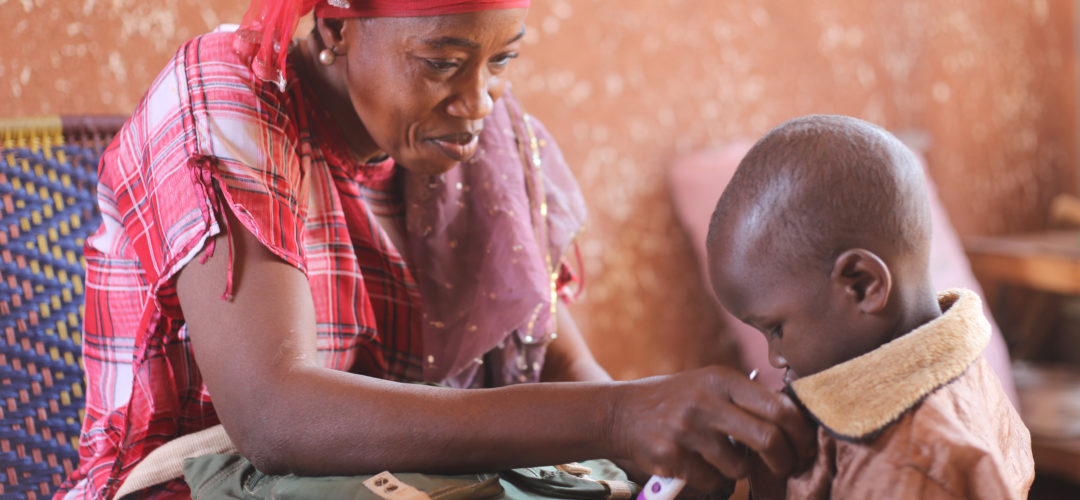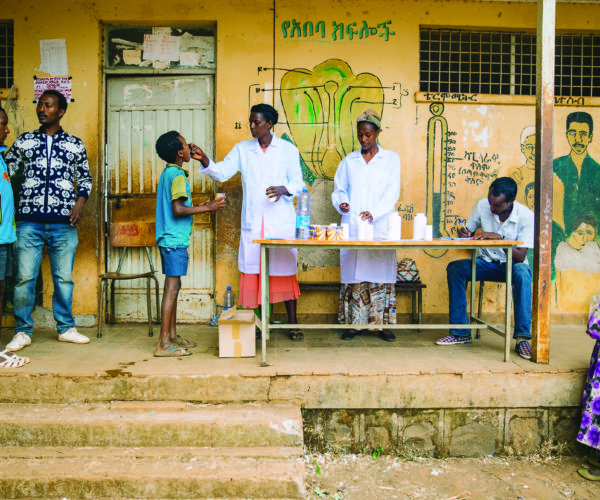Muso
October 12, 2018
In an ideal world, when nonprofits encounter financial strain, funders would not only help them with immediate capital needs but would also work with organizations to strengthen them to avoid similar situations in the future. But power dynamics get in the way. An example of overcoming these dynamics and setting the stage for long-term, systemic change is Muso and Big Bang Philanthropy.
Muso was born out of partnership between Malians and Americans to address unequal access to healthcare in Mali. Founded in 2005, Muso’s mission is to eliminate preventable deaths rooted in poverty, with a vision of universal healthcare coverage. Muso works with government and academic partners to redesign community health worker systems to reach each patient the moment they fall ill. Muso also works with its partners to test the efficacy of the systems they build and tweak them for better results.
Muso’s initial work focused on urban communities. The outcomes were so successful that in 2016 the Malian government asked Muso to scale its proactive healthcare model across remote areas of Mali. Muso wasn’t certain whether or not the model would translate well to rural circumstances, but was excited by the prospect of serving 100,000 more people.
The response was fast. In reached in weeks the number of patients Muso expected to serve in a matter of years – a ten-fold increase in utilization of its services. It was a massive and immediate sea change in access to care in these communities, which could not have corresponded better with Muso’s mission. However, while Muso’s leadership thought it had budgeted conservatively for the expansion project, the incredible success of the effort put Muso in an immediate cash crunch.
At this point Muso turned to its partners at Big Bang Philanthropy. When Muso encountered the problem of being far more successful than anticipated, it was already a grantee of 11 Big Bang members. These funders recognized that this was a pivotal moment in Muso’s trajectory, that with the right support this could be a huge opportunity to scale the impact of the organization and its model and that, without additional support, Muso would not be able to capitalize on the significant interest in rural communities. The Big Bang funders rallied around Muso providing the following, critical supports:
- Shifted the Timing of Commitments: current funders amended the timing of their grants, moving up the timing of dispersals.
- Increased Commitment: one funder increased the amount of its grant.
- Attracting Additional Funding: Funders, especially the Peery Foundation and Planet Wheeler Foundation, encouraged support from other Big Bang members and outside funders, helping Muso secure $400,000 in new funding commitments within weeks
Muso and its funders planned for the future too. Big Bang funders advised on how to smooth cash flow without diluting impact, and provided guidance as Muso re-booted and added capacity to its finance team. Big Bang member Jasmine Social Investments helped Muso recruit a part-time CFO. And other members recommended good nonprofit benchmarks with strong financial performance to learn from. In this way Muso transformed into a more nimble and resilient organization.
With support from a coalition of committed philanthropy partners, Muso was able to overcome what could have otherwise been a crisis point. More importantly, with stronger systems in place, Muso is better able to respond to opportunities to grow its services providing life-saving healthcare access in a region that badly needs it.
Back to News


